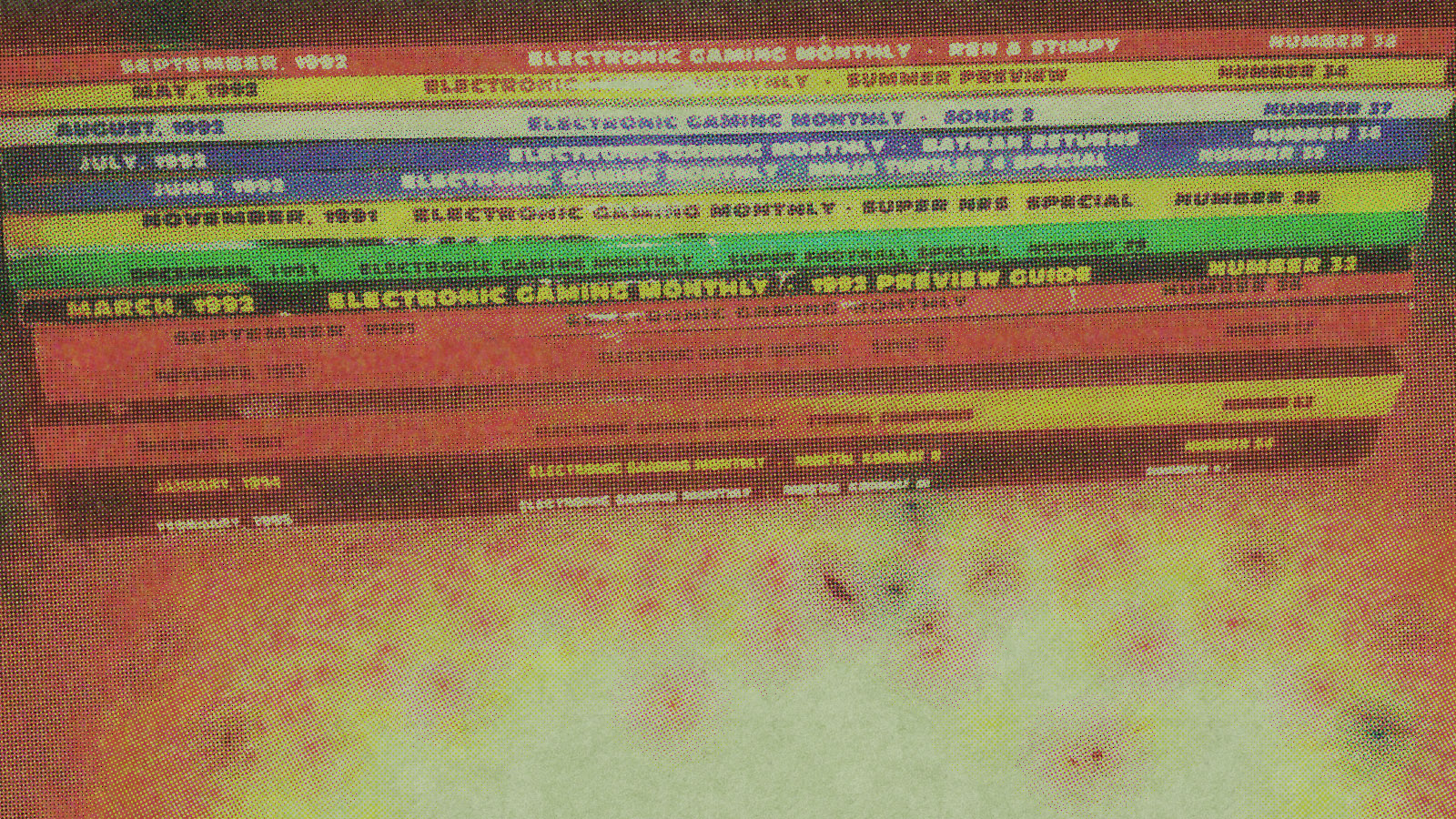
Print Out
E.C. Meade looks at books
Last issue, we reviewed all the videogame books you’re going to see in this column. To paraphrase Milton, we show mercy by not meting out the justice those wretched volumes deserve.
It you are a Robotron buff, tear yourself away from the arcade and snatch up a new Fawcett paperback with the cumbersome title of What If You Were … the Last Man on Earth. Edited by Isaac Asimov, Martin Greenberg, and Charles Waugh, this collection of short stories carries the Robotron theme of Armageddon in various directions.

Science fiction buffs will note that this volume reads like a who’s-who of the genre, with tales by A.E. van Vogt, Lester del Rey, Clifford Simak, Poul Anderson, and others. The rest of you will find most of the material imaginative and well-written, especially Edmond Hamilton’s evocative “In the World’s Dusk.”
Needless to say, the famous two-sentence-long end-of-the-world science fiction story is included, reprinted herewith: “The last man on Earth sat alone in a room. There was a knock at the door …”.
The book is a bargain at $2.95, if you can live without ten games of Robotron.
Judging by the quick death of Walt Disney’s most ambitious film, lots of people were able to live without Tron. Even more people were able to live without the novelization by Brian Daley. However, if you can still find a copy it’s worth a look; Daley does a decent job fleshing-out those aspects of the film’s narrative which were threadbare.
The work’s greatest drawback is that Daley should have been more carefully edited throughout. Case in point: “Dumont turned as the cell door opened, ready for death.” We don’t recall any cell doors dying in the film.
Tron is available for $2.75 from Del Rey. Leaving fiction behind — which is usually a relief these days, so much of it being hogwash; good ideas are hamstrung by illiteracy or, worse, bad ideas are hamstrung by illiteracy — we turn to dependable old Dover Publications.
Before you ask, “What do Hand Shadows to be Thrown Upon the Wall and Magic Tricks and Card Tricks have to do with videogaming?” permit us an explanation; if you will, a belated summary of what this column’s about.
Print Out reviews books which manage to translate the excitement of videogaming into another medium; which illuminate aspects of videogaming or computers with more than mere “How to …” claptrap; or which expound upon amusements that are beyond the present reach of the VCS and computer media. It is in the latter category that the two new Dover books fall.
Hand Shadows to be Thrown Upon the Wall is the kind of book you’ll wish you had when you were seven years old. (Perhaps some of our readers are seven years old, in which case have a ball.) Today, the opus is primarily of intellectual interest, of course — though you will be tempted to make some of the shadow shapes, particulary Dog Toby. It’s something else to do with your Stroblaster.
This present volume is a facsimile of the 1859 edition by Henry Bursill, and is worth every cent of its $1.35 price tag. Magic Tricks and Card Tricks is another of those where-was-it-when-I-was-growing-up volumes. You’ll learn how to make coins, knives, matches, and eggs behave in strange ways; and you’ll amaze your friends with your ability — at last! — to pick the cards they chose from a deck, among many other wonders.
The only drawback to this Wilfrid Jonson book is that the illustrations are wretched. They suffice for the purpose at hand, but the crude Crayola renderings cheapen the package. Still, it’s quite a value at $2.00.
Next issue, we’ll be taking a peek at the sequel to the most famous computer novel of all-time. Until then, remember that reading may be slow, but it doesn’t shoot back.
Source Page


